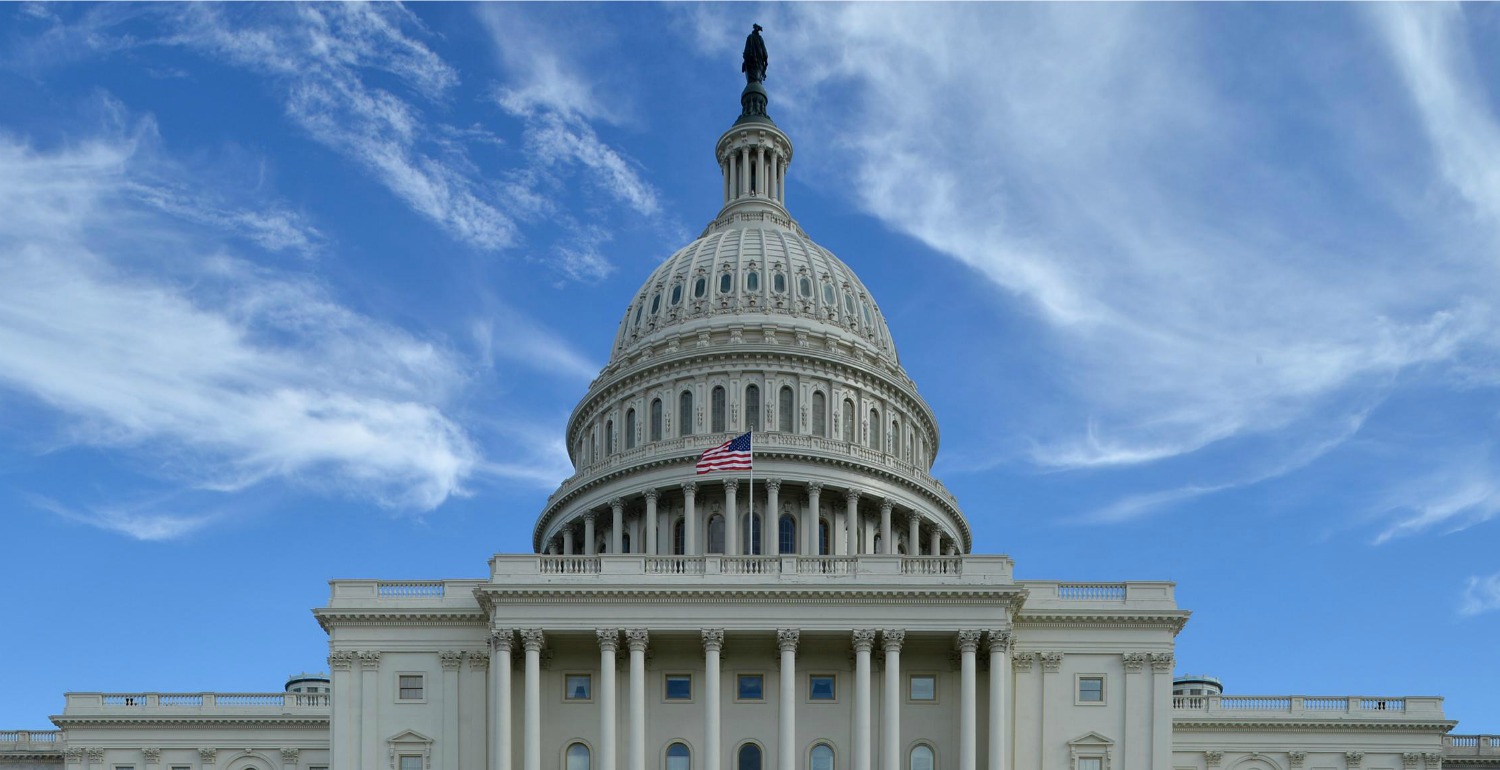The briefing focused on the efforts of “The List: Project to Resettle Iraqi Allies,” a non-profit organization that helps resettle Iraqis who are at particular risk for having worked for the United States government and American organizations. It also examined the need for the United States to significantly increase its efforts to resettle these vulnerable Iraqi allies.
Witnesses testifying at the briefing – including Kirk Johnson, Founder and Executive Director of The List Project; Christopher Nugent, Senior Counsel of Holland & Knight LLP; and Ibrahim, an Iraqi Citizen – provided testimonies of their own experiences with the role of the United States in assisting Iraqi refugees to emphasize the steps that should be taken to improve the efforts being made





